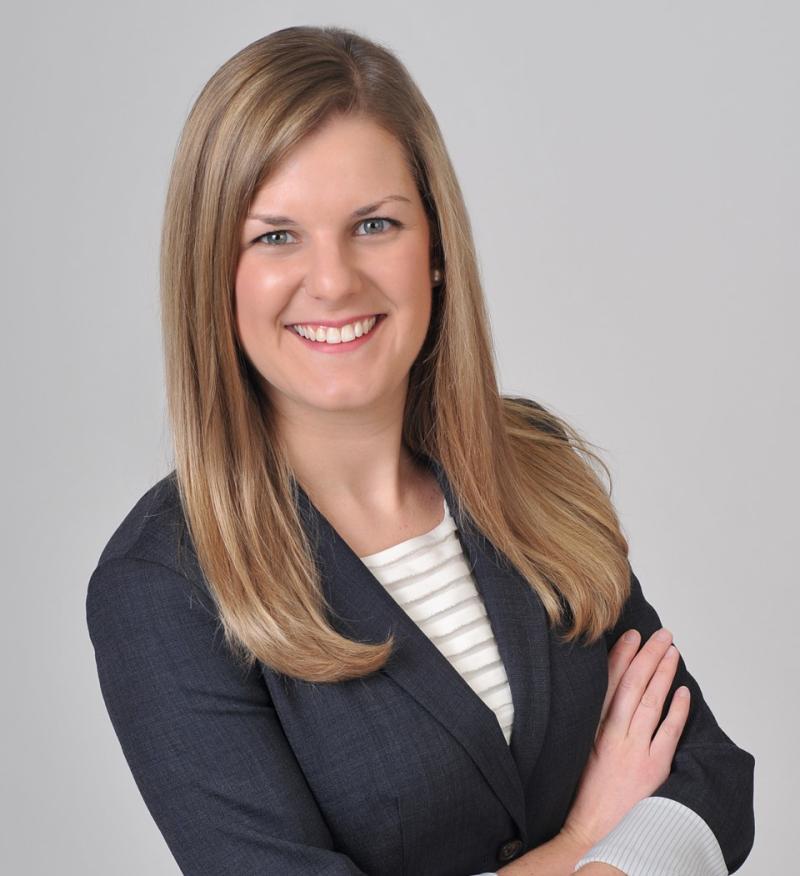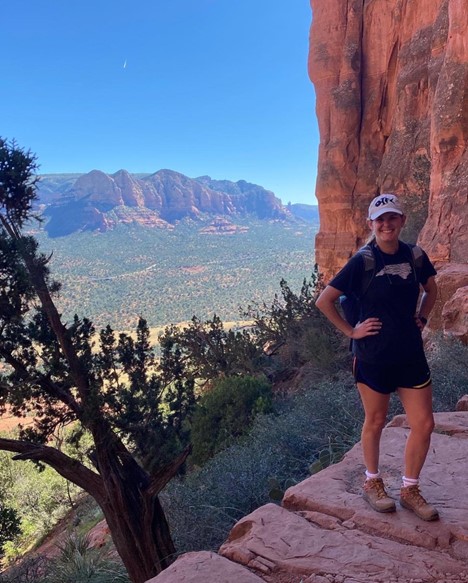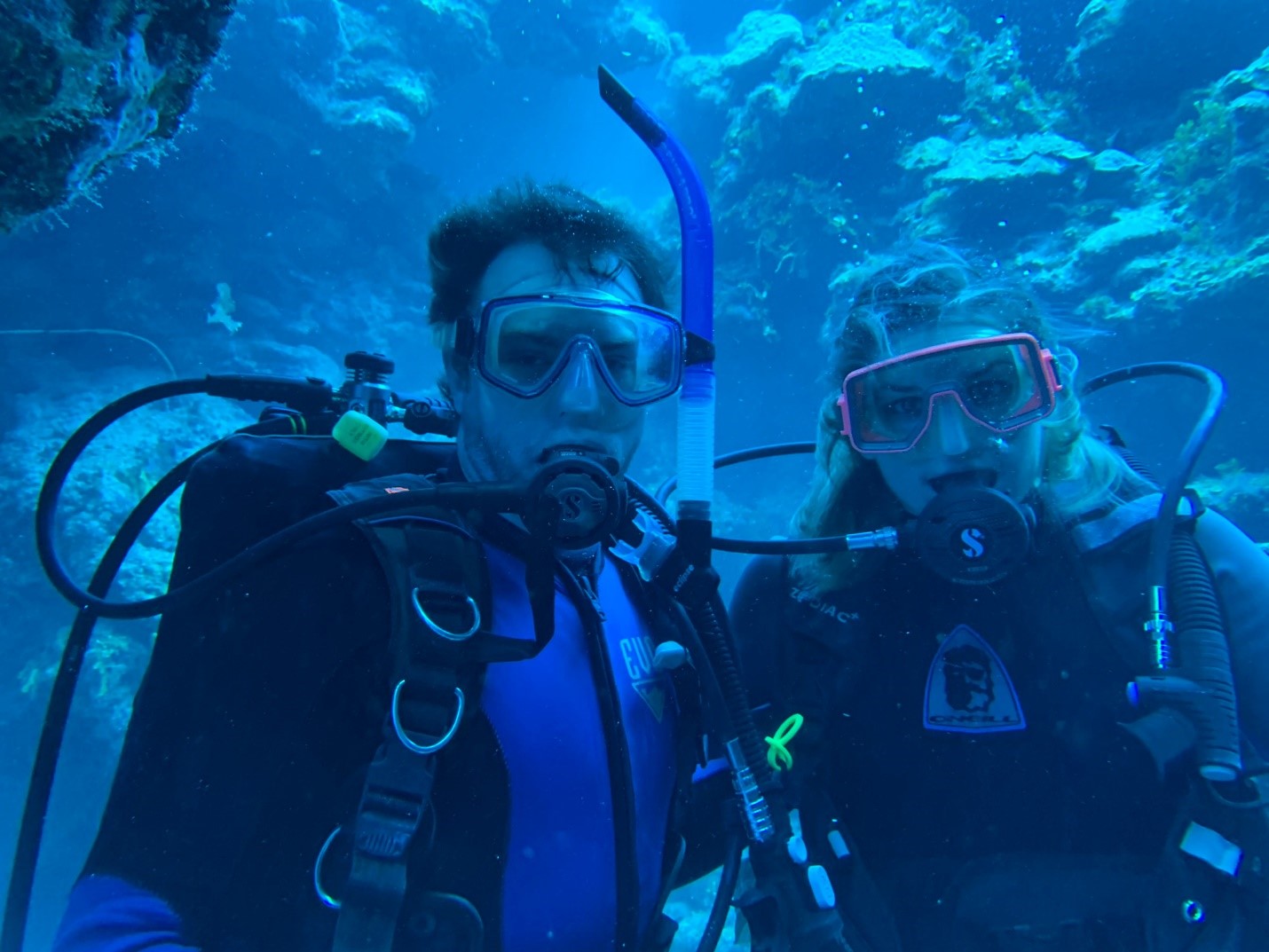
Candace Moody, PA-C, didn’t know what a physician assistant (PA) was until college, but an interest group meeting turned her on to the scope and flexibility the position offered. Now, as our newest PA, shes’s helping patients with a variety of headaches at our Neurological Disorders Clinic at Morreene Road. In this week’s Spotlight interview, Moody talks to us about the joys of being able to help headache patients get parts of their life back and overcoming the stigma associated with migraines and other headaches. She also shares her enjoyment of snow skiing, scuba diving, and chasing after her two-year-old when she’s not at Duke.
What are your current responsibilities in the Neurology Department? What does a typical workday look like for you?
As a physician assistant in the neurology/headache division, my responsibilities consist of managing patient’s medical care for their headaches. There are a variety of headache types that we manage, including migraine headaches, trigeminal autonomic cephalalgias, tension type headaches, trigeminal neuralgia, and a variety of other types of headaches.
I see new patients as well as patients already established at the clinic. Each visit consists of talking with the patient to learn their medical history, performing a physical exam, and then having a discussion with the patient to determine what treatment plan would work best for them – whether it be adding a new medication, or considering a more interventional route such as nerve blocks or botox injections, which I perform in the clinic as well.
How did you decide to become a physician assistant? How did you decide to focus on headache and pain management in particular?
I was always interested in going into medicine, but didn’t actually know what a PA was until I got to college. I ended up going to a PA interest group meeting and that’s when I became interested in becoming a PA in particular. It appealed to me that PA’s could be so multi-faceted and explore a variety of specialties throughout their career. I found a love for neurology after my neurosurgery rotation in PA school. I ended up working in general neurology for about 6 years after PA school, and I discovered that I really enjoyed working with and helping the headache population. I enjoy spending the time with my patients to learn their story and figure out what treatment option will work best for them.
What do you enjoy most about your work?
The most rewarding part of being a PA is being able to help others. When a patient comes back for a return visit, it is exciting when they are feeling better and having less headaches. I love to hear that they were able to do something that they weren’t before, such as now being able to run around the playground with their son, when previously their headaches would have prevented them from being able to do so. It is certainly rewarding to know that you had a part in giving them that precious moment of their life back.
What’s the hardest part of your job?
The hardest part is when a patient does not have access to a certain treatment that I know will be beneficial to them, whether it is due to insurance issues or other matters that complicate the picture. I went into medicine with a desire to help others, so when there is a road block preventing this from happening, it is difficult to see patients suffer.
What’s one thing you wished more patients (or their loved ones) knew about headaches and facial pain?
I wish more people understood how debilitating headaches can be. I see a lot of patients struggling with a stigma when having to miss work or other events while experiencing a severe migraine headache, or other type of headache.
Patients with headaches often experience associated symptoms, such as sensitivity to light or sound, or nausea and vomiting, which sometimes renders them unable to function normally during that time. That is why it’s so important to make sure these patients are being properly treated, not only to lower their headache frequency, but also to help them get back to their everyday life.
What other passions or hobbies do you have outside of the Department?
I love doing anything outdoors. My family and I love to scuba dive. I got certified at a young age and enjoy getting to explore underwater when I get the chance. I also love to snow ski, hike, play tennis, and spend time at the beach. My son is currently two years old, so my most recent hobby is chasing him around on the weekends.

Above, Moody poses during a trip to Sedona, Arizona that she took with her husband last year; Below, Moody enjoys a scuba dive during a trip to Grand Cayman Island.
